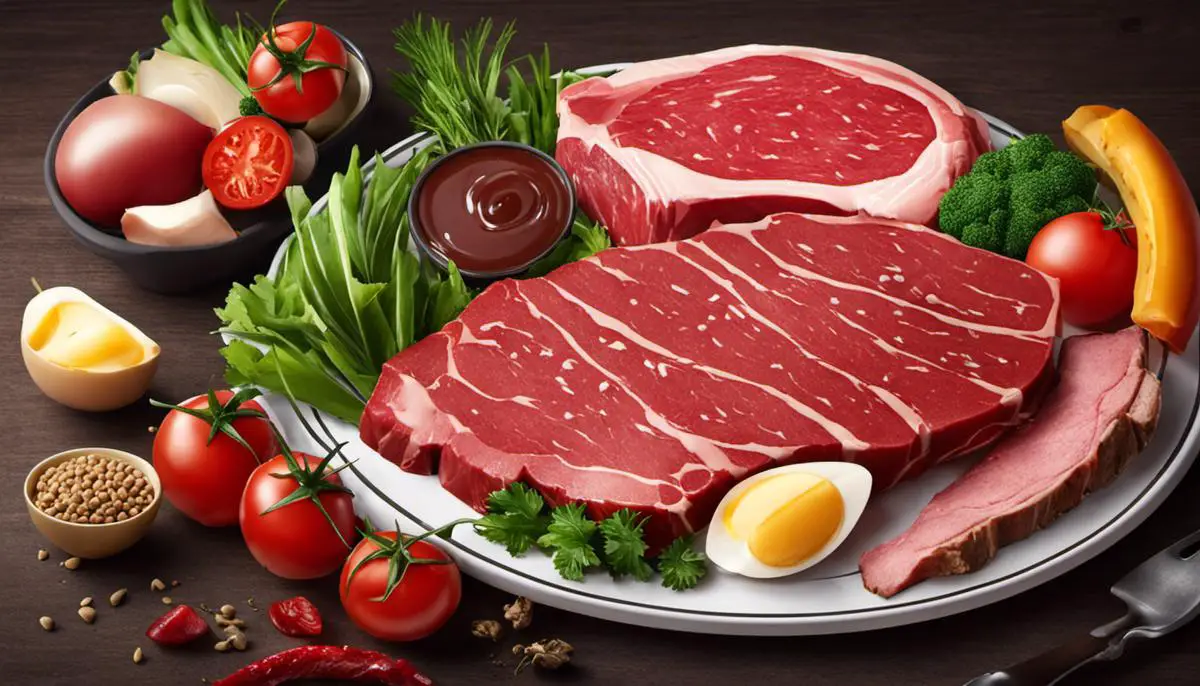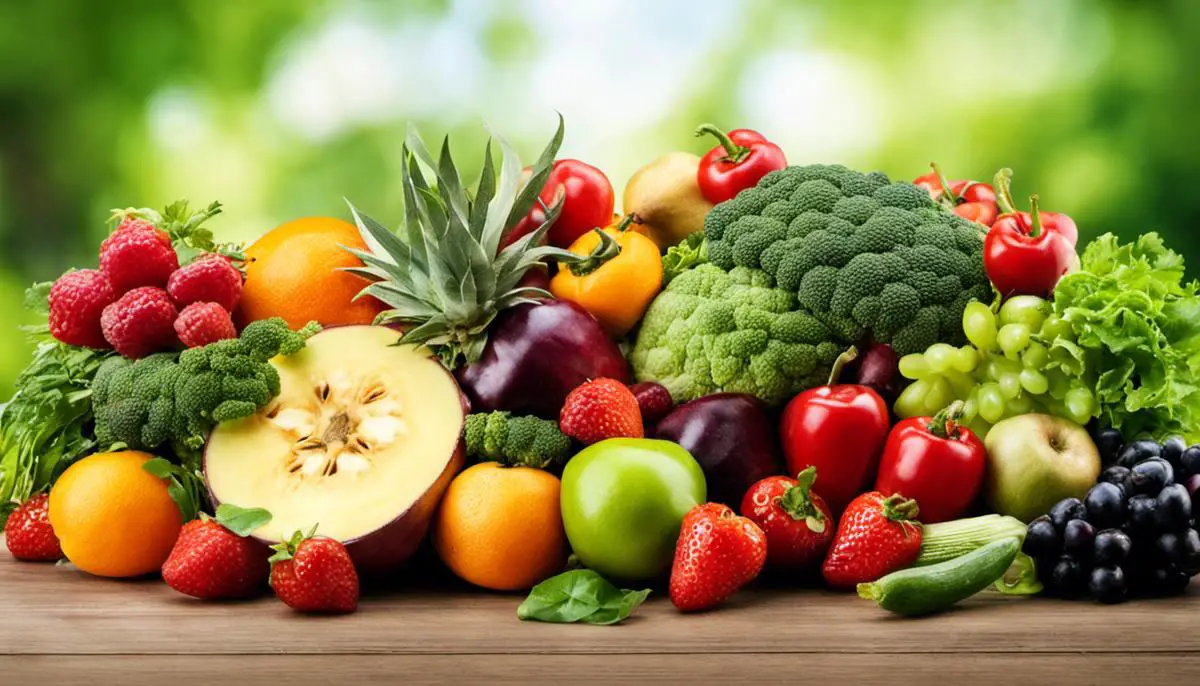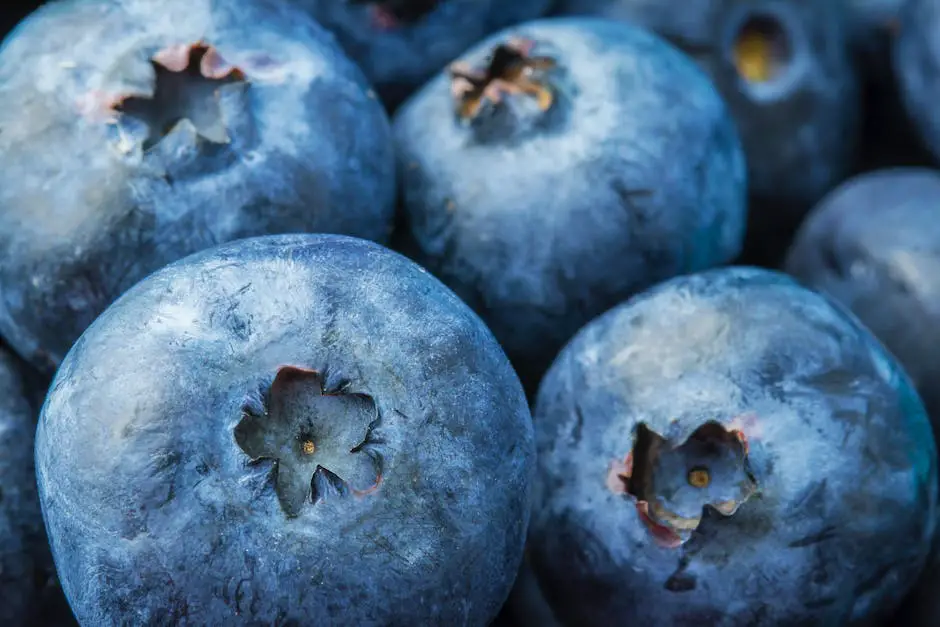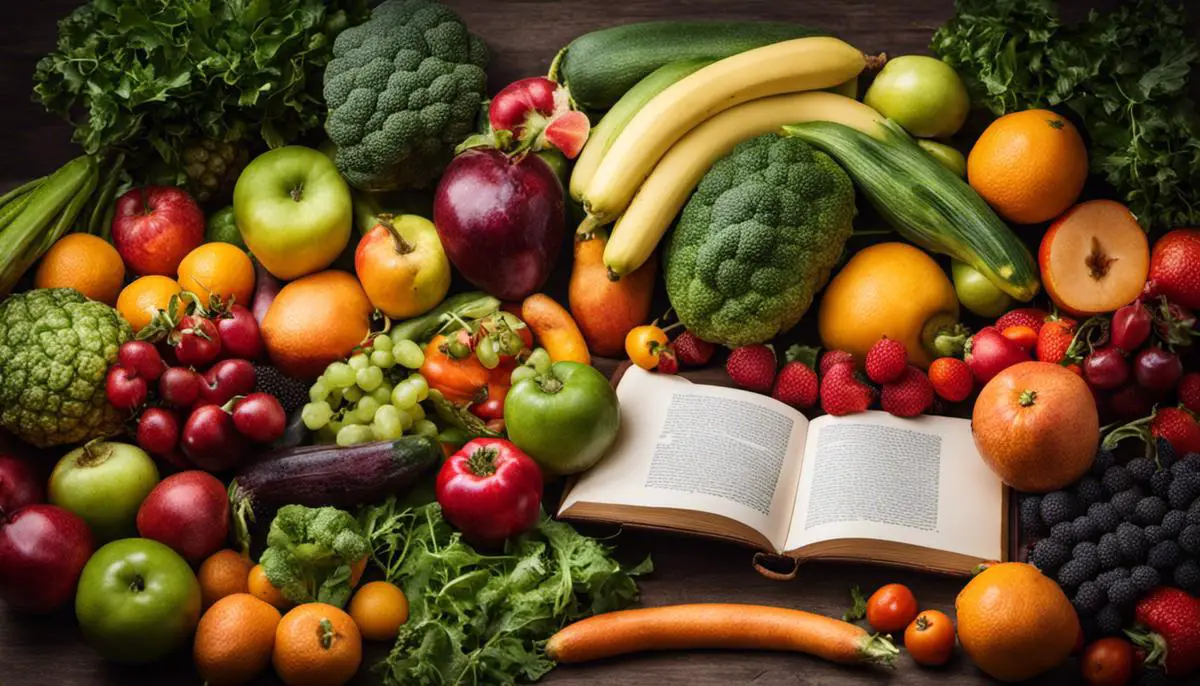Constipation, a common yet often under-acknowledged health issue, affects countless individuals worldwide. Understanding this condition and its relation to dietary habits is crucial for effective prevention and treatment. Many foods that are part of our regular diet have been identified as potential contributory factors to constipation. While constipation might seem like a trivial inconvenience, recurring or persistent constipation may pose significant health risks. Hence, this discussion aims to highlight the role of these foods in triggering constipation, the scientific rationale behind their impact, and practical dietary alternations that could help alleviate the problem.
Understanding Constipation
Understanding Constipation: The Basics
Constipation is a common medical condition characterized by infrequent bowel movements and difficulty in passing stool. This often results in a feeling of incomplete evacuation. The frequency of bowel movements among individuals can greatly vary, but generally, having less than three bowel movements a week is considered constipation. Moreover, stools may be lumpy, hard, and require straining to pass, leading to discomfort or pain. Other symptoms can include bloating, a sense of fullness in the bowel, and stomach ache.
Causes of Constipation
Constipation can be caused by many factors, including lack of physical activity, certain medications, aging, and specific diseases. However, one of the key factors is diet. Consuming foods low in fiber or not drinking enough fluids can lead to constipation. Moreover, changes in routine or lifestyle such as travel, stress, or lack of privacy when using the bathroom can also contribute to constipation.
Medical Diagnosis of Constipation
Medical professionals typically diagnose constipation based on the symptoms described by the patient. They may ask about the frequency of bowel movements, stool consistency, and any associated symptoms. In some cases, doctors might conduct a physical examination or recommend diagnostic tests such as blood tests, X-rays or a colonoscopy, especially if there’s a concern about a more serious underlying condition.
The Impact of Diet on Constipation
Your diet plays a critical role in maintaining regular bowel movements. Consuming foods low in fiber can lead to constipation. Fiber adds bulk to the stool and absorbs water, thus helping in creating soft and bulky stool, promoting regular bowel movements.
Foods that May Cause Constipation
Certain foods can contribute to constipation by reducing bowel activity or by being low in dietary fiber. These include processed or fast foods, which are often high in fat and sugar but low in fiber. Foods such as ice cream, cheese, and meat can also cause constipation. In addition, refined carbohydrates like white bread, pasta, and pastries lack the fiber needed for normal bowel function. Certain drinks can also lead to constipation, such as alcohol, which can dehydrate the body, and caffeinated beverages, which can stimulate urination and cause water loss.
Promoting Regularity with Dietary Adjustments
In combatting constipation, a key strategy is enriching your diet with foods high in fiber such as fresh fruits and vegetables, grains, beans, and lentils. In tandem with this, staying well-hydrated, notably through the consumption of water, enhances digestive health. Additionally, regular exercise helps to sustain routine bowel movements. If you continue to experience constipation despite these dietary and lifestyle modifications, consult your physician to rule out a potentially serious underlying medical condition.

Photo by brookelark on Unsplash
Foods that cause Constipation
Red Meat: Essential Nutrient Source but Potential Constipation Culprit
Though red meat is rich in protein, iron, and vitamin B12, its low fiber content and high fat level pose a risk for constipation. The body metabolizes red meat at a slower rate compared to other food sources, potentially delaying intestinal movement and resulting in harder, dryer stools.
Dairy Products: Nutritious but Complex
Dairy products such as milk, cheese, and yogurt are rich in calcium and protein. However, they lack fiber and can be high in fat, especially when consumed in their full-fat versions. Lack of fiber can affect the consistency of stool, potentially leading to constipation. For those who are intolerant or sensitive, dairy products may slow down digestion and cause bloating and discomfort.
Processed Foods: High in Salt and Sugar
Processed foods, including frozen meals, fast-food, canned goods, and snacks, are often high in fats, salt, and sugar and low in fiber. The added salt can pull water from the body, leading to dry, hard stools. Processed foods also contain additives and preservatives that can negatively affect the gut’s natural bacteria balance, causing slow transit times and constipation.
Unripe Bananas: Packed with Starch
While ripe bananas can be a good source of dietary fiber that helps with digestion, unripe (green) bananas contain high amounts of resistant starch and tannins. These substances are tough on the digestive system and can slow down gut motility, leading to constipation.
White Rice and Products: Stripped of Fiber
White rice and products like white bread, pasta, and pastries are made from grains that have been refined and stripped of the outer, fiber-rich layer. The lack of fiber can cause a slow-down in digestion and lead to hard, difficult-to-pass stools. Many health experts recommend opting for whole grain versions instead, as they are richer in fiber and can help maintain a healthy digestive system.
Alcohol: A Dehydrating Beverage
Alcohol can cause dehydration, which can contribute to constipation. It can also interfere with the balance of bacteria in your gut, slowing down the movement of stools through the intestines. Drinking alcohol in moderation and staying well hydrated can help mitigate these effects.
The Dual Role of Caffeine in Digestion
Drinking caffeine in moderation can have a favorable impact on the digestive system as it can stimulate the muscles and boost bowel movements. However, excessive consumption can tip the scales the other way, leading to dehydration and subsequently constipation. As a diuretic, caffeine has the potential to rapidly deplete bodily fluids; as a result, the stool might become harder and increasingly problematic to pass.

How Various Food Causes Constipation
Exploring the Food-Constipation Connection
Constipation, a condition marked by infrequent bowel movements and difficulty in passing stool, is a widespread health issue. An array of factors can lead to its development, with certain kinds of food being among the major contributors. To better comprehend how food consumption directly affects constipation, it’s beneficial to delve into the roles that dietary fiber, fat content, and certain food characteristics play within our digestive tract.
The Role of Dietary Fiber
Dietary fiber, especially insoluble fiber, plays a crucial role in maintaining a healthy digestive system. Consuming a diet low in fiber results in the reduction of bulk and moisture content in our stool. As a result, our stool becomes harder and less easy to pass which can lead to constipation. Bread, pasta, and cereals made from refined grains, as well as processed foods, are often lower in dietary fiber than natural sources like fruits, vegetables, and whole grains.
Several studies have corroborated this, including a 2012 study published in the World Journal of Gastroenterology, which found that a low fiber intake in the diet was associated with an increased risk of constipation.
High Fat and Low Fiber Content Foods
Foods that are high in fats are harder for our bodies to digest compared to other nutrients. This is particularly applicable when these foods are also low in fiber. Foods such as cheese, meat, and fried foods can slow down our digestive process, delaying the time it takes for food to move through the colon, which increases the chance of constipation.
In a 2015 report featured in the American Journal of Gastroenterology, it was found that high consumption of dairy products and high dietary fat intake was linked to a higher prevalence of constipation. For both adults and children, dietary modification towards lower fat intake can help manage and prevent constipation.
The Impact of Food Properties on Digestion
Lastly, it’s worth noting that apart from fiber and fat content, certain food properties can also lead to constipation. A well-known example is caffeine. Although caffeine can stimulate bowel movements, excessive consumption will make the body lose more water, leading to dehydration, a common cause of constipation.
Another example is alcohol, which can lead to dehydration if consumed excessively, thereby exacerbating constipation. The relationship between alcohol consumption and constipation was the subject of a 2004 study in the European Journal of Clinical Nutrition, which found that alcohol intake was significantly associated with the risk of constipation.
Simply put, scientific research identifies foods that are high in fat, low in fiber, or possess certain characteristics that slow down digestion or can potentially lead to dehydration as common culprits for causing constipation. Understanding the correlation between these factors and the occurrence of constipation allows us to make informed dietary choices, thereby promoting a healthier and more regular digestive system.

Prevention and Alternatives
Averting Constipation with Effective Diet and Hydration Choices
The popular saying, “Prevention is better than cure,” rings particularly true for constipation. Modifying one’s diet can create a significant impact on the digestion process and promote regular bowel movement. The role of dietary fiber in fending off constipation is widely recognized. Notably available in diverse fruits, vegetables, and grains, dietary fiber adds volume and softness to stool, fostering easy and consistent bowel activity.
There are numerous food options categorized within different food groups that can be incorporated into your diet. Within the vegetable category, fiber-rich foods like broccoli, carrots, Brussels sprouts, and a selection of leafy greens would be ideal. As for fruits, choices that greatly benefit bowel health include berries, pears, apples, and bananas. Similarly, whole grains such as oats, barley, and brown rice are excellent contributors to a fiber-rich diet that works against constipation.
While fiber plays a key role, proper hydration is just as vital in preventing constipation. Regular consumption of water throughout the day ensures that the fiber in your diet is adequately hydrated and efficiently working within your body. Other fluids like herbal teas or fruit juices may contribute to your hydration levels, but water remains the most recommended option.
Regular Exercise for Healthy Digestion
In addition to a balanced high-fiber diet and adequate hydration, regular exercise can play a critical role in promoting healthy bowel function. Constipation is often associated with a sedentary lifestyle. Physical activities, ranging from walking and jogging to aerobic exercises and strength training, can stimulate the muscles in the gut and promote regular bowel movements. Regular exercise helps in maintaining a healthy weight, which is essential for preventing constipation.
However, make sure exercise is accompanied by adequate fluid intake, especially in hot weather or during intense workouts, as dehydration could potentially cause constipation.
Alternatives to Foods that Cause Constipation
Certain foods are known to contribute to constipation. These typically include foods high in fat and low in fiber, such as fast food, fried foods, and dairy products like cheese. Foods that are high in refined sugar, like cookies and candy, and those made with white flour, including white bread and pastries, can also lead to constipation.
Proactively replacing these foods with healthier alternatives can help prevent constipation. Consider substituting white bread with whole grain bread, pastries with fruits, and high-fat cheese with low-fat alternatives. Introducing changes gradually can make the transition to a healthier diet more sustainable in the long run.
Awareness and Active Prevention
Awareness and active prevention are essential steps in maintaining optimal digestive health. By incorporating high-fiber foods, proper hydration, and regular exercise into your daily routine, you can efficiently prevent and manage constipation.

The link between diet and digestion is indisputable. By recognizing what we consume and how it impacts our digestive health, we can make conscious adjustments to address problems like constipation. For instance, substituting constipation-inducing foods with nutrient-rich and fiber-dense alternatives can positively affect digestion. Complemented with proper hydration and regular physical activity, these dietary modifications present an effective way to prevent constipation. Key to managing constipation lies in the balance – balance between different food groups, balance in fluid intake, and balance in lifestyle. It’s about understanding your bodily responses and taking action to ensure optimal health and wellness.
